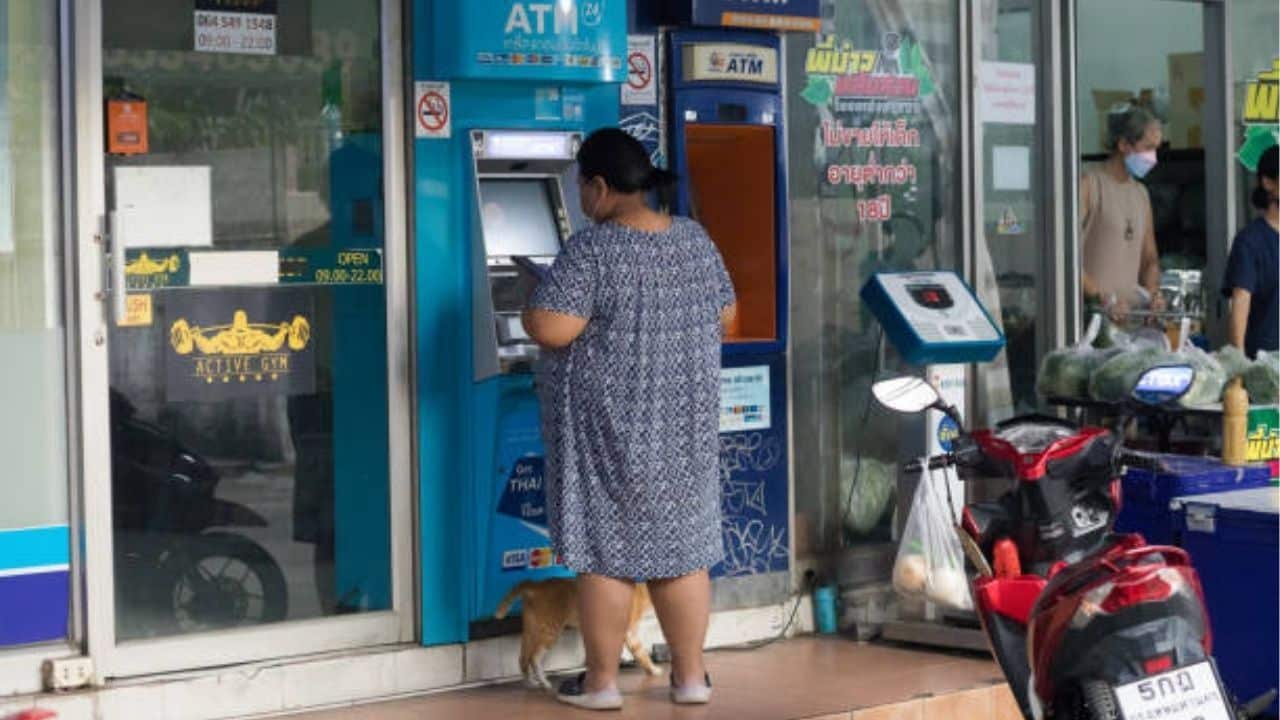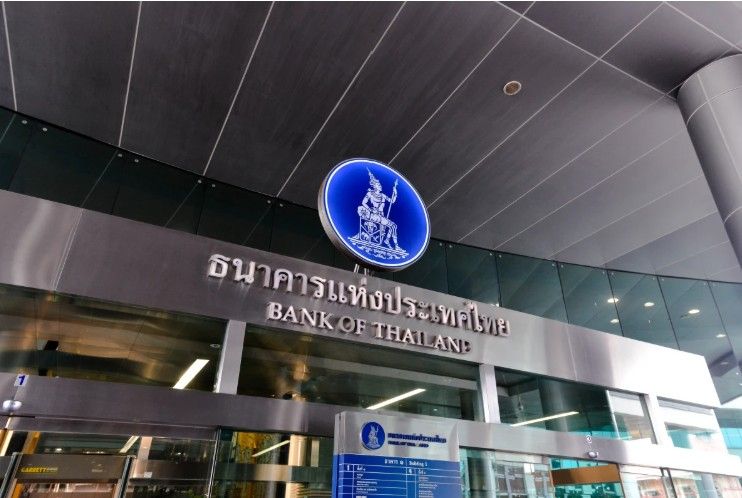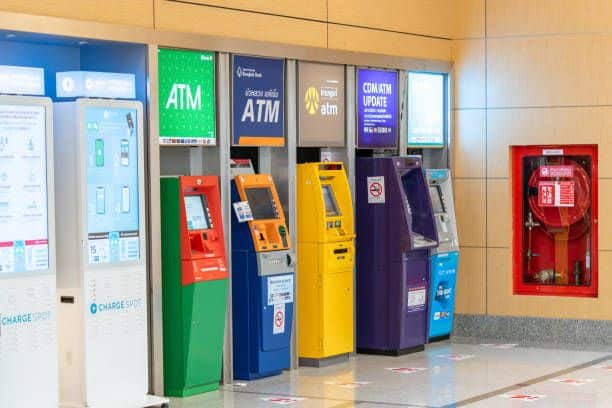Bank of Thailand to roll out white-label ATM licences next year
Central bank aims to expand access and modernise cash services

The Bank of Thailand (BoT) is preparing to issue new business licences for white-label automated teller machines (ATMs) next year, aiming to expand access to financial services and promote inclusion across the country.
The new licensing scheme, part of the BoT’s Financial Landscape 2025 framework, will allow both banks and non-bank operators to install and operate ATMs under their own brand. The regulator is currently seeking approval from the Finance Ministry and expects to submit its proposal in early 2026, with implementation likely by the end of next year.
According to Assistant Governor Daranee Saeju, who oversees Payment Systems Policy and Financial Consumer Protection, the initiative is designed to improve access to financial services, particularly in remote and underserved areas.
“Applications will be open to banks, fintech firms, and ATM service providers. For basic financial services, fees on white-label ATMs should not exceed current rates. However, higher fees may be allowed for innovative financial services where appropriate, based on cost structures.”

While digital banking continues to surge, Daranee acknowledged that some consumer groups still rely on cash transactions and physical banking services. However, she noted that Thailand’s move towards a cashless economy is accelerating rapidly.
Central bank data shows that cash transactions currently account for 31% of total banking activity, a figure expected to drop to 10–20% within the next three to five years.
This transformation has been driven largely by PromptPay, the national digital payment platform, which continues to record strong growth. The average number of digital transactions per user rose to 651 in 2024, up from 538 in 2023 and 425 in 2022.

Daranee added that the BoT is promoting wider adoption of PromptBiz, a system tailored for small and medium-sized enterprises (SMEs), while also taking care not to push digital banking too aggressively among senior citizens, a demographic more vulnerable to financial scams, reported Bangkok Post.
Meanwhile, Bangkok Bank (BBL), Thailand’s largest lender, confirmed it is reviewing the new ATM scheme.
“We’re considering expanding into areas where our physical presence is limited,” said Chaiyarit Anuchitworawong, BBL’s senior executive vice-president.
Over the past three years, BBL has closed around 300 branches nationwide, averaging 100 closures annually, as digital transactions increasingly replace traditional banking services.
Latest Thailand News
Follow The Thaiger on Google News:


























